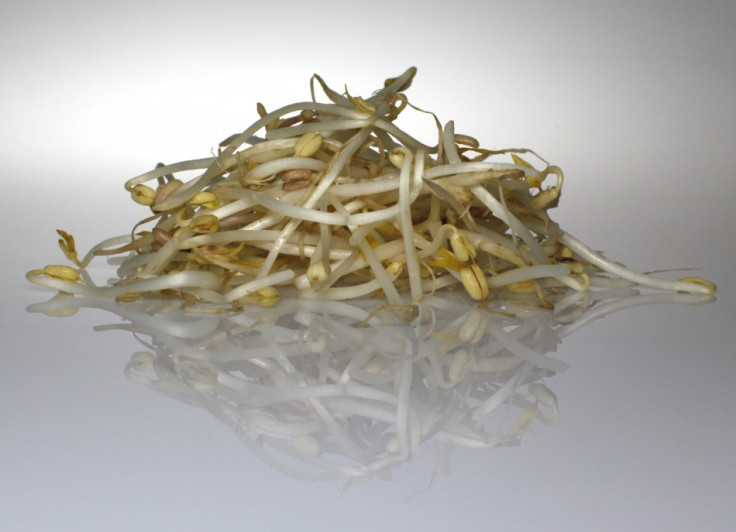New E.coli outbreak: UK consumers advised not to eat raw bean sprouts

Dutch and British health officials advised people to avoid raw sprouts and seeds on Monday after scientists linked an outbreak of E. coli in France to a highly toxic one in Germany where 43 people died after being contaminated.
Raising fears, British health safety experts said it was very unlikely to be pure coincidence that sprouted salad seeds have been accused to be the probable source of both outbreaks.
Seven people in Bordeaux were still in hospital on Sunday, with one 78-year-old woman in a serious condition, after being infected by the E. coli bacteria.
Despite earlier reports that the outbreak was unrelated to the one in Germany, French authorities now say at least two of those affected have been found to have the same rare strain of the infection that has infected thousands in the neighbouring country.
"We've got a new emergent infection that has rarely been described before and it's cropped up twice in the same food product," said Paul Hunter, an E. coli expert and professor of public health at Britain's University of East Anglia. "That cannot be coincidence."
Britain's Food Standards Agency (FSA) said sprouted seeds such as alfalfa, mung beans, usually known as beansprouts and fenugreek should only be eaten if they have been cooked thoroughly "until steaming hot throughout."
"They should not be eaten raw," it said in a statement.
Initial investigations into the outbreak of E. coli in France have suggested a possible link to sprouting seeds from a British company, Thompson & Morgan. The firm has said it is cooperating with investigations but it does not believe its seeds are the cause of the French outbreak.
"Although this has not been proven, it's almost certainly going to be the case that seeds in both the French and German outbreaks were probably contaminated at the same place -- either where the seeds were grown or very soon afterwards," said Hunter.
The FSA said that to date, no cases of food poisoning have been reported in Britain linked to the outbreak in France.
E. coli bacteria thrive in nutrient-rich environments like the guts of humans or cows before being discharged. This strain -- known as STEC O104:H4 -- has been found to be particularly sticky, making it likely to be able to cling on to leaves, seeds and other foodstuffs.
Hunter, who noted that E. coli outbreaks linked to sprouts are a fairly regular event in Europe and America with two or three a year, said the germs can survive for several months on seeds prior to sprouting and are almost impossible to detect.
"I know a lot of people like raw sprouting seeds, but if you want them then you've got to decide whether or not you're prepared to take the risk," he said.
© Copyright IBTimes 2025. All rights reserved.





















